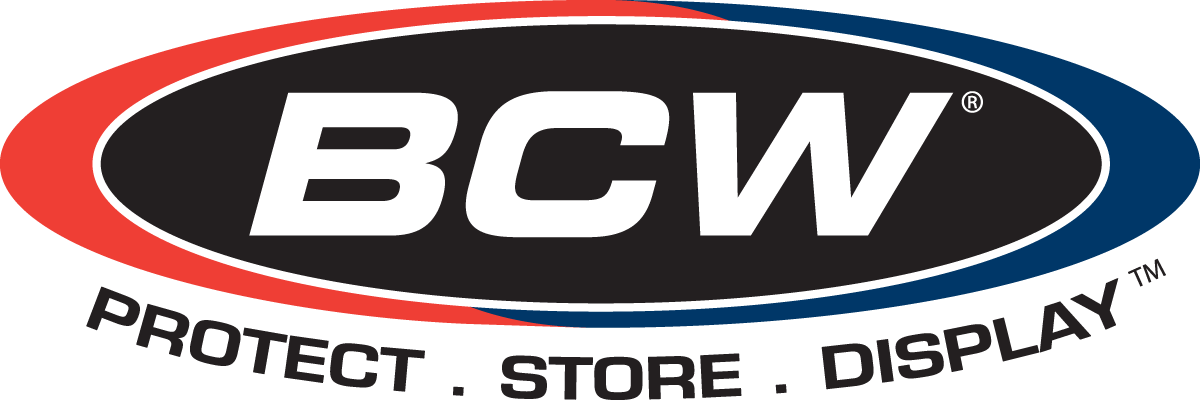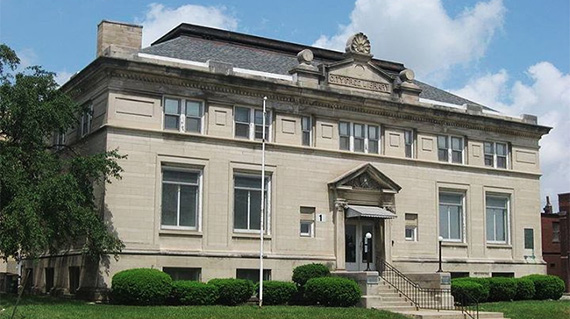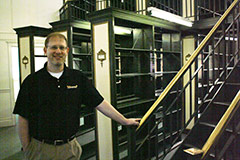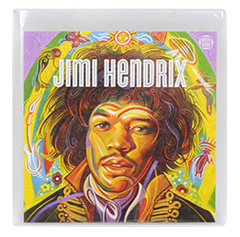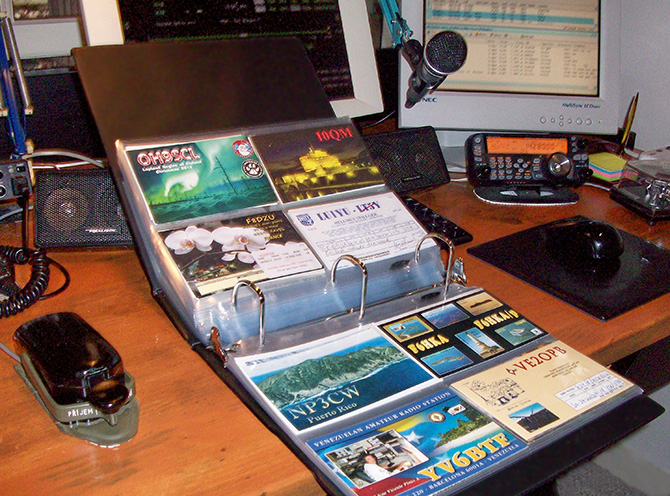Historic Library Converting into a Gaming and Comic Shop
All retail stores strive to find the perfect location for their business to grow. This is especially true for gaming and comic shops where the customers come to hangout in a fun environment. Todd Nightenhelser, owner of TCB Games in Huntington, Indiana is taking the challenge to make the ideal gaming and comic destination by moving his shop into a historic building – The Huntington Free Library.
Located at Warren St. and Park Dr. in downtown Huntington, the library stands where the first permanent hotel in Huntington was built by General John Tipton in 1835, however the original building was destroyed in 1873. In 1901, the School Board of Huntington received an offer from 19th-century industrialist Andrew Carnegie to construct a public library. Between 1886 and 1919, Carnegie’s donations helped create 1,679 libraries, bringing books within reach of millions of Americans. With matching donations from the local community, the Huntington Free Library was built in a neoclassical style and is larger than most Indiana Carnegie libraries.
Huntington originally grew in the 1800′s as a transportation hub as it’s located along the Wabash River. The Wabash and Erie Canal and railroads added to the city’s impact. When transportation methods shifted to trucking, this created a strain on Huntington. TCB Games and other Huntington business are providing creative ideas to help reinvent the beautiful downtown.
To transform the old library into a retail and community space, Todd faces several challenges. First, the building needs to be rezoned for commercial use. Second, the library needs to meet modern American Disabilities Act standards to make the site handicap accessible. This includes adding automatic doors, wheelchair ramps, handicap bathrooms and an elevator. At the same time, Todd is trying to maintain the historical significance of the building and manage the construction costs. Much of the 1903 library is in original condition, including beautiful wood molding, doors and staircases.
The main room features original bookshelves with a second level made with a floor of poured glass panels. Preserving the features of the library as it converts into a retail space is key to Todd’s plans.
For TCB Games to strive is a relatively small town, it has plans to partner with the community to make the new shop flourish in the library. In addition to selling video games, board games, card games and comics, Todd has plans to share the library with other local groups. The Huntington Literacy Coalition will utilize a room to support their goals. Additionally, Todd has spoken with Huntington University and the Boy Scouts about organizing activities at the library.
The reopening of The Free Library as the new TCB Games is scheduled for the fall of 2014. Todd has lots of creative ideas to develop this space into a fun gaming and comic shop. BCW Supplies will post a follow-up article after the grand reopening, but you can stay connected with the progress on the TCB Games Facebook Page or stop by their current location at 515 N. Jefferson St., Huntington, Indiana.
